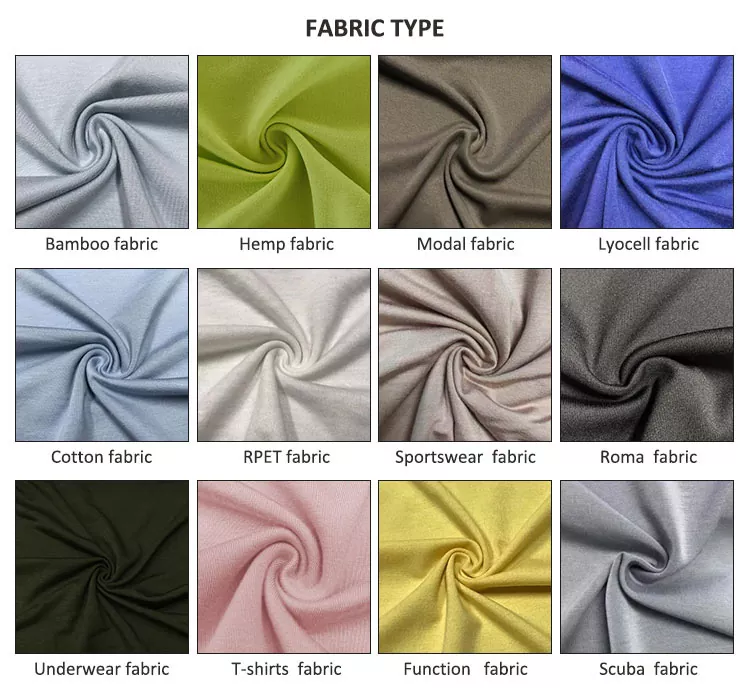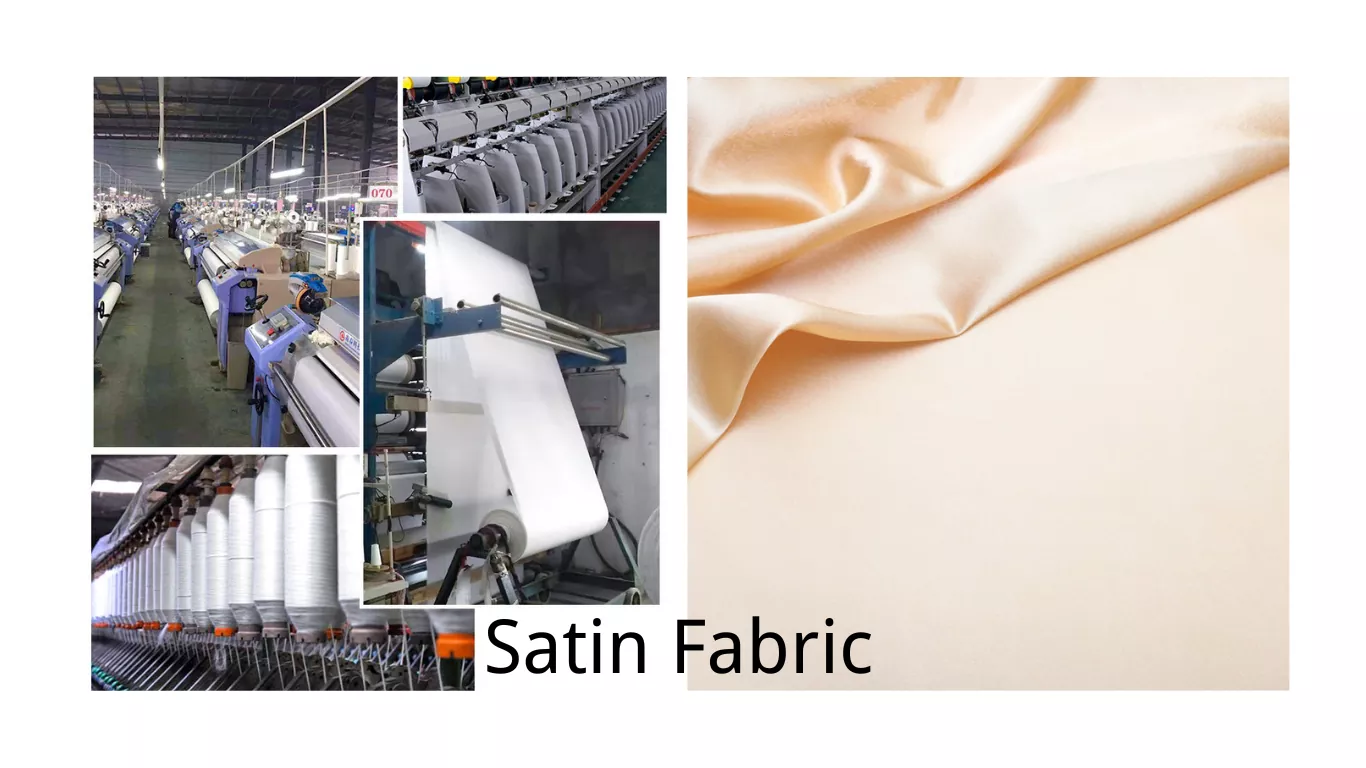La mode avec une conscience : Adopter la durabilité avec les fabricants de mode durable
Fabricants de mode durable play a pivotal role in redefining the landscape of modern apparel production. They embrace eco-friendly principles, augmenting the entire manufacturing process, from the genesis of garment design to distribution, with sustainability at its core. By adopting green manufacturing practices, these companies lead the charge in mitigating damaging environmental impacts traditionally associated with the global clothing industry.
The concept of sustainable fashion manufacturing has taken center stage, with the mantra of “reduce, reuse, recycle” shaping businesses’ modus operandi in the sector. These manufacturers, through processes like ethical sourcing, low-impact dyeing, and zero-waste la création de modèles, seamlessly integrate social accountability and environmental stewardship into their production DNA. The outcome is a transformative shift that not only scales down resource consumption and waste production but also enhances workers’ welfare in the fashion value chain.
Exploring the Core Principles of Sustainability in Clothing Industry
Sustainable fashion manufacturing companies embed three core principles in their operations: environmental steward-forship, social equity, and economic viability. Environmental stewardship brings respect towards the environment and seeks to limit environmental harm carried out through manufacturing processes. This can include the efficient use of natural resources, minimizing waste, and reducing the carbon footprint. Social equity ensures fair treatment of every individual involved in the manufacturing process by providing favorable labor conditions, guaranteeing worker rights, ensuring fair pay, and promoting diversity. Meanwhile, economic viability ensures that the practices pursued are not only environmentally and socially beneficial but also financially feasible.
A sustainable fashion manufacturer leverages these principles to create a balance between fashion consumption and preserving the environment. They aim to satisfy their customers’ desires while mitigating the industry’s negative impacts on the planet and society. From using eco-friendly materials and processes, ensuring fair labor practices, up to maintaining a profitable business model, sustainable fashion manufacturing companies demonstrate that sustainability in the fashion industry is undoubtedly achievable.
Furthermore, these companies also adopt several strategies to uphold the core principles of sustainability. These include:
• Utilizing eco-friendly materials: Sustainable fashion manufacturers often use organic cotton, recycled polyester, and other sustainable textiles in their products. They also aim to minimize water usage during production and avoid using harmful chemicals.
• Implementing energy-efficient processes: From design to distribution, these companies strive to reduce energy consumption. This may involve using renewable energy sources or investing in advanced machinery that consumes less power.
• Ensuring fair labor practices: Respecting workers’ rights is a fundamental aspect of social equity. Companies ensure safe working conditions, provide decent wages and benefits, and do not engage in discriminatory practices.
• Promoting circular economy models: Instead of the traditional linear model (produce-use-dispose), sustainable fashion brands promote a circular approach where resources are used as long as possible before being recovered and regenerated at the end of each service life.
• Maintaining transparency: To build trust with consumers and stakeholders alike, these companies maintain transparency about their supply chains and manufacturing processes. They openly share information about where their materials come from, how they’re processed, who makes them under what conditions etc.
En conclusion,
The clothing industry’s adoption of sustainability principles is an essential step towards achieving a more equitable global society while preserving our planet’s natural resources for future generations.
By adhering strictly to environmental stewardship, social equity & economic viability; sustainable fashion manufacturers have shown it’s possible for businesses not only survive but thrive while pursuing environmentally friendly & socially responsible business operations.
The Growing Demand for Sustainable Manufacturers in the Fashion World
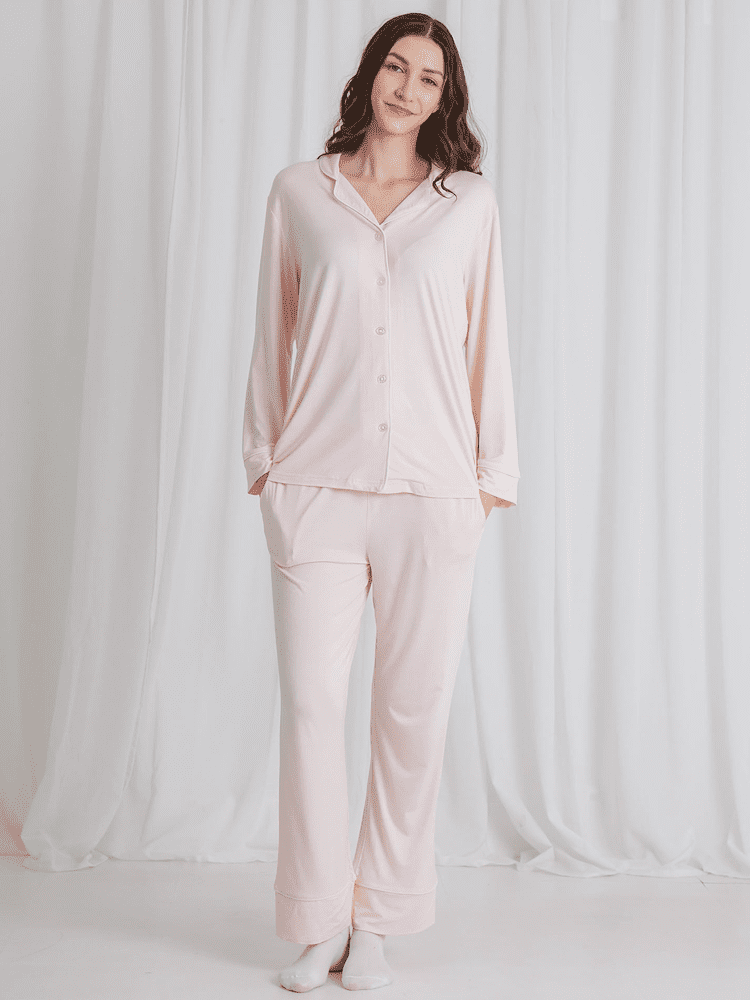
Dans l'industrie mondiale de la mode, une tendance est apparue qui est en train de remodeler les comportements et les préférences des consommateurs : la demande de produits fabriqués par des fabricants de mode durable, en particulier au Royaume-Uni. Le Royaume-Uni a une riche histoire en matière de Fabrication de textiles et connaît actuellement une révolution en matière de durabilité dans le secteur de la fabrication de la mode. Les consommateurs soucieux de l'environnement choisissent des vêtements produits à l'aide de processus de fabrication respectueux de l'environnement plutôt que des options conventionnelles. Ce choix proactif vise à réduire l'empreinte carbone, à protéger les ressources naturelles et à soutenir une notion globale de durabilité.
Dans le Royaume, la montée en puissance de fabricants de mode durable tels que Know The Origin, Birdsong et Ninety Percent, entre autres, marque un changement de paradigme dans l'industrie de la mode. Ces entreprises sont les championnes des méthodes de production durables, utilisant des matériaux d'origine responsable, réduisant les déchets et veillant à ce que les produits soient fabriqués dans le respect de l'environnement. commerce équitable pratiques. Leurs modèles d'entreprise réussis soulignent le fait que la durabilité peut coexister avec la rentabilité dans le secteur de la mode, suscitant ainsi l'intérêt des consommateurs et le respect de l'industrie. Par conséquent, la demande de fabricants de mode durable au Royaume-Uni ne se contente pas de croître, elle est prête à déterminer le paysage futur du monde de la mode.
L'impact significatif des fabricants de vêtements durables sur les petites entreprises
Ces dernières années, la fabrication de mode durable, en particulier dans des régions telles que le Portugal, a sensiblement influencé les petites entreprises, leur offrant à la fois des opportunités et des défis. Ces entreprises, généralement caractérisées par des ressources limitées, ont été poussées à reconsidérer leurs pratiques et à s'adapter à l'évolution du paysage. Cette évolution est en grande partie due à la sensibilisation croissante des consommateurs et à la demande de produits durables, ce qui a poussé les petites entreprises à s'aligner sur les concepts et les processus de fabrication de la mode durable.
En outre, les petites entreprises qui adoptent la fabrication de mode durable au Portugal et au-delà ont connu des avantages notables. L'intégration de pratiques éthiques et respectueuses de l'environnement a considérablement contribué à améliorer l'image de leur marque, à fidéliser leur clientèle et à établir un avantage concurrentiel dans l'industrie de la mode. Ainsi, la fabrication de mode durable s'est avérée être plus qu'une simple tendance, influençant un changement de paradigme majeur dans la façon dont les petites entreprises opèrent dans le secteur de la mode. industrie de la mode.
Approches visant à promouvoir la durabilité dans le processus de fabrication
La responsabilité première des fabricants durables est de créer un impact positif sur l'environnement par le biais de leurs processus de production. Cela commence par l'approvisionnement en matières premières, où ils recherchent des fournisseurs engagés dans des pratiques durables, telles que l'agriculture biologique ou les matériaux recyclés. En outre, ils peuvent également mettre en place des systèmes économes en énergie dans leurs entrepôts ou créer des plans d'élimination des déchets qui minimisent ou éliminent entièrement l'empreinte carbone de leurs processus.
Ces systèmes établis permettent non seulement de réduire les dommages causés par la surproduction et la mode rapide, mais aussi d'améliorer la durabilité des produits fabriqués. Par exemple, Pjgarment.com, l'un des principaux sites de vente en ligne d'articles de mode, a mis en place un système de gestion des stocks. fabricant dans l'industrie de l'habillement durableL'entreprise met l'accent sur l'utilisation de coton biologique, de chanvre et de bambou dans ses produits. En outre, ils assurent un suivi strict de l'utilisation de l'eau au cours du processus de fabrication et ont mis en place des systèmes de récupération de l'eau afin de réduire au minimum les déchets. Cette approche souligne l'importance des fabricants durables dans l'évolution de l'industrie de la mode vers des pratiques éthiques et respectueuses de l'environnement.
Examen des avantages des pratiques durables dans la fabrication de la mode
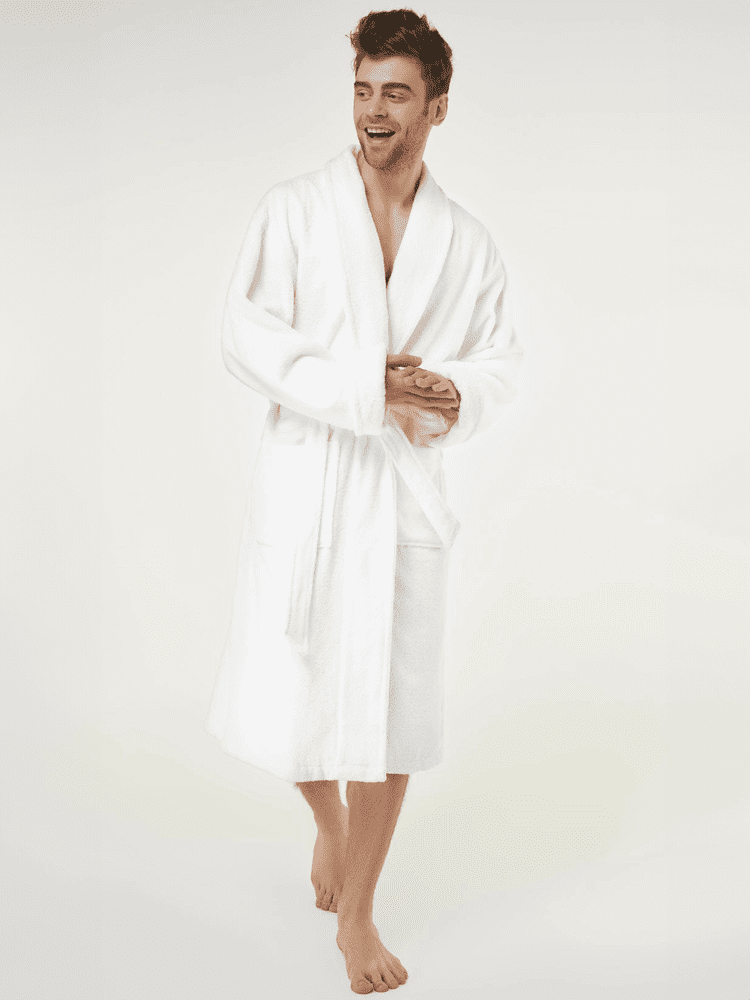
Fabricants de vêtements durables jouent un rôle central dans l'industrie de la mode moderne, en s'efforçant de réduire de manière significative la quantité de déchets et de pollution générés par les processus de fabrication traditionnels de la mode. Ces fabricants associent notamment la durabilité à la rentabilité, en articulant un modèle d'entreprise qui va au-delà de la simple recherche de profit pour embrasser la responsabilité écologique. C'est dans cet esprit, des fabricants de vêtements durables pour les petites entreprises are uniquely positioned to offer a host of benefits, both to the environment and to the businesses involved.
En Europe notamment, l'engagement en faveur de la durabilité dans la fabrication de la mode s'est accru régulièrement et a pris une ampleur considérable. Fabricants de vêtements durables in Europe have been emphasizing the use of recycled materials, fair labour practices, and lower carbon footprints. Additionally, manufacturers who incorporate sustainable practices often find that they gain a competitive edge in the market, attracting a consumer base that values eco-conscious and ethical product choices. This keen focus on sustainability has also had a significant impact on small businesses in the region, providing them an opportunity to be a part of the solution to global environmental challenges. Indeed, the benefits of sustainable practices in fashion manufacturing are manifold, underscoring its significance in a world increasingly sensitive to the impacts of climate change.
Case Studies: Successful Sustainable Clothing Manufacturers
In the realm of sustainable clothing manufacturers, Portugal has emerged as a global pioneer. The apparel industry in Portugal has a rich history of integrating sustainability into their manufacturing process, producing high-quality, eco-friendly clothing on a significant scale. Factories such as Tintex Textiles and Pizarro SA are leading the way, not just in Portugal, but across the globe, with innovative processes and commitment to reducing their ecological footprint.
Tintex Textiles, for instance, is known for its approach in utilizing natural fibers and environmentally friendly dyes to create stylish, comfortable attire. On the other hand, Pizarro SA, a denim manufacturer, has mastered the art of creating durable, popular jeans while using less water, energy, and chemicals than traditional jeans manufacturing. Their forward-thinking methods have not only garnered international acclaim, but have also helped to set new standards for fabricants de vêtements durables worldwide.
Challenges Facing Sustainable Apparel Manufacturers and Possible Solutions
Despite the growing interest in sustainable clothing options, apparel manufacturers commonly grapple with significant hurdles in their endeavor towards greener operations. One of the most prominent challenges is the high operational cost involved in sourcing environmentally-friendly materials, implementing resource-efficient processes, and adhering to stringent regulatory standards. Furthermore, the lack of consumers’ willingness to pay a premium for sustainable clothing has also posed profound challenges, as it hampers the manufacturers’ capacity to offset their additional production costs.
However, innovative strategies and solutions are emerging to alleviate these challenges. Collaborative platforms and partnerships are creating leeway for manufacturers to share resources, knowledge, and capabilities essential in mitigating these challenges. For instance, by joining forces, they can leverage collective bargaining power to negotiate favorable sourcing deals for eco-friendly materials. Similarly, they can share knowledge regarding new techniques or technologies to bring down the costs associated with sustainable manufacturing processes. Additionally, consumer awareness programs are being run by manufacturers along with other market stakeholders to instill a deeper understanding of the value of sustainable fashion, impacting the consumers’ willingness to absorb the slightly higher costs.
How Consumers can Support Sustainable Fashion Manufacturing
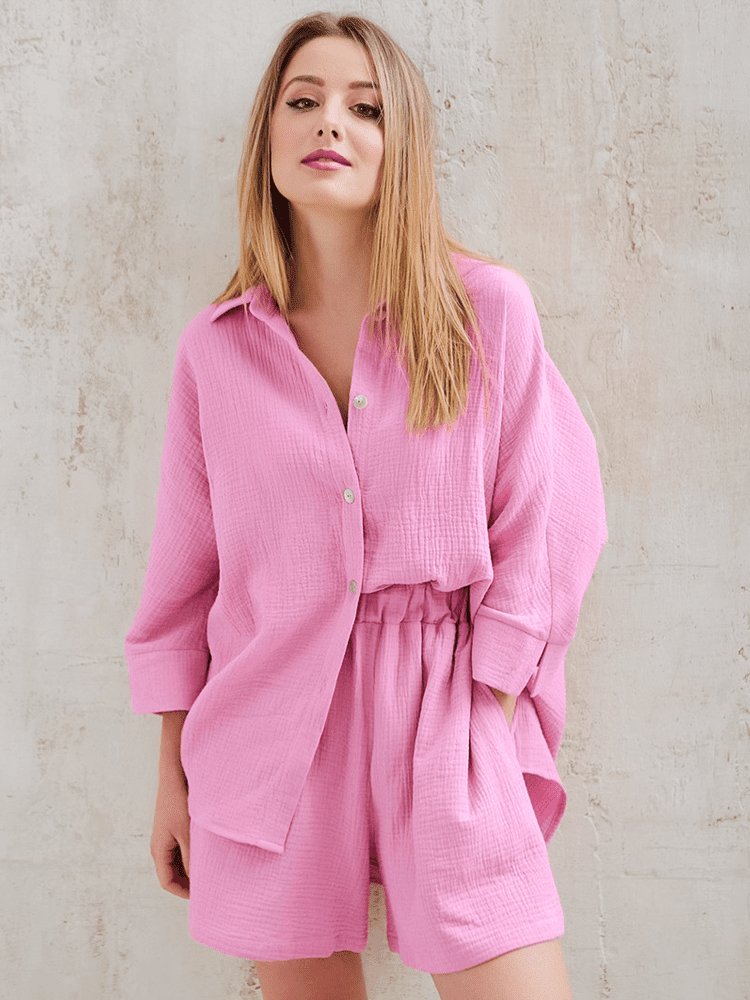
In the stride towards sustainable fashion manufacturing, consumers play an imperative role. Their purchasing decisions demonstrate demand, thereby steering the course of production and industry standards. This influence can be utilized to encourage the propagation of mode écologique items. Retaining a preference for sustainably manufactured items, consumers can encourage brands to adopt more responsible manufacturing practices.
Purchasing from brands that transparently disclose their supply chain and demonstrate effort towards minimizing their ecological footprint is key. Moreover, advocating for these brands by initiating conversations, encouraging peers to make similar choices, and rewarding brands with loyalty and continued patronage are other significant ways in which consumers can support sustainable fashion manufacturing. It becomes paramount for the conscious consumer to stay informed, make responsible decisions, and promote this ideology to make a notable impact.
Future Trends for Sustainability in the Fashion Manufacturing Sector
Sustainable fashion is gaining momentum in the industry as consumers increasingly seek out brands that align with their eco-friendly values. This increased awareness about the environmental impacts of fabrication de vêtements is driving unprecedented changes in the industry, pushing it towards more sustainable practices. Future trends suggest creators will embrace not only environmentally-friendly materials but also new technologies such as 3D printing, biofabrication, and recycled textiles, which can provide a solution to overproduction and waste.
Another key trend in the future of sustainable fashion manufacturing is the use of renewable energy sources. As concerns about climate change mount, the pressure is on for manufacturers to minimize their carbon footprint. This calls for a shift from traditional, carbon-intensive energy sources to renewable ones like wind and solar power. Additionally, supply chain transparency is growing in importance. Consumers want to know where their clothes are coming from, and ethical considerations are driving manufacturers to be more open about their processes. An eco-conscious, transparent, and technologically advanced fashion industry awaits us in the future.
FAQ
What is the role of sustainable fashion manufacturers?
Sustainable fashion manufacturers aim to reduce the detrimental impact of the fashion industry on the environment. They use eco-friendly materials, minimize waste, and implement ethical labor practices.
What are the core principles of sustainability in the clothing industry?
The core principles include utilizing eco-friendly materials, reducing energy consumption, minimizing waste, promoting fair trade and labor rights, and maintaining transparency in the supply chain.
Why is there a growing demand for sustainable manufacturers in the fashion world?
The growing demand is predominantly due to increased consumer awareness and concern for the environment. Consumers are becoming more conscious of the environmental impact of their purchasing decisions and are seeking out ethically manufactured and sustainable products.
How do sustainable clothing manufacturers impact small businesses?
Sustainable clothing manufacturers can have a positive impact by helping small businesses to establish a positive brand image and cater to a growing market of environmentally conscious consumers.
How can sustainability be promoted in the manufacturing process?
Sustainability can be promoted by adopting practices such as using renewable energy sources, reducing water usage, minimizing waste, and implementing a circular economy model that includes recycling and reusing materials.
What are the benefits of sustainable practices in fashion manufacturing?
Benefits include reduced environmental impact, cost savings from efficient use of resources, improved brand image, and increased customer loyalty among environmentally conscious consumers.
Can you provide examples of successful sustainable clothing manufacturers?
The article provides detailed case studies of successful sustainable clothing manufacturers, highlighting their specific practices and achievements.
What challenges do sustainable apparel manufacturers face?
Challenges can include higher production costs, difficulties sourcing sustainable materials, lack of infrastructure for recycling and waste management, and the need to educate consumers about the value of sustainable fashion.
How can consumers support sustainable fashion manufacturing?
Consumers can support by purchasing products from brands that prioritize sustainability, reusing and recycling clothing, and spreading awareness about the importance of sustainable fashion.
What are the future trends for sustainability in the fashion manufacturing sector?
Future trends include greater use of renewable and recycled materials, increased transparency in supply chains, adoption of digital and smart manufacturing technologies for efficiency, and greater emphasis on circular economy models.


